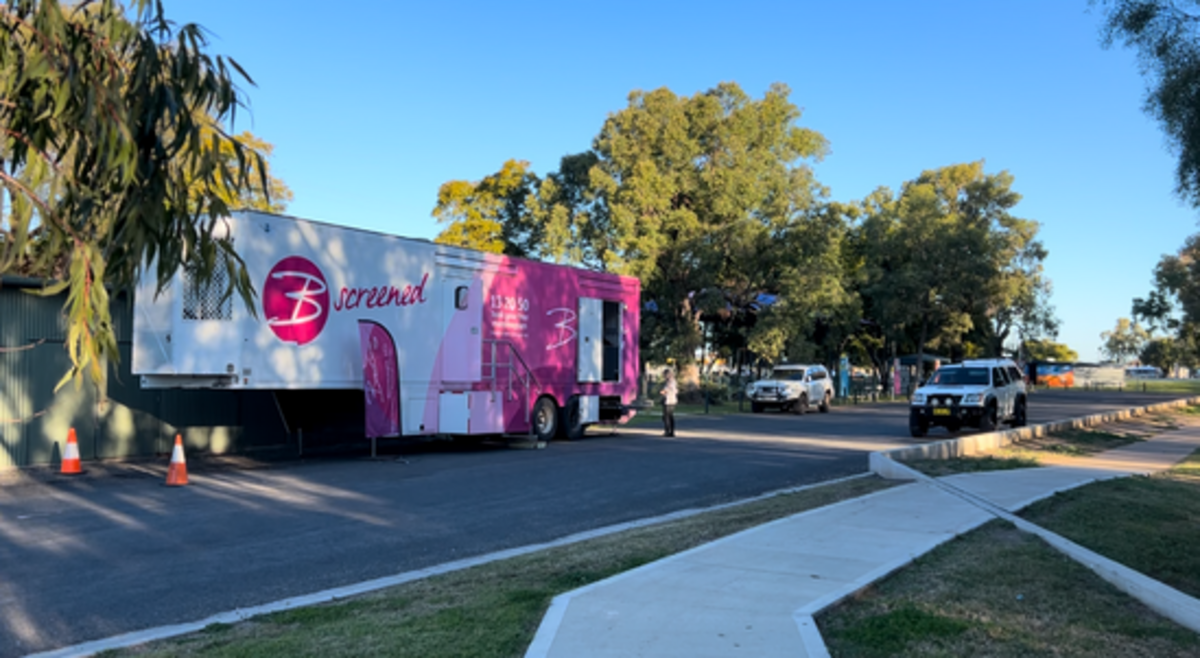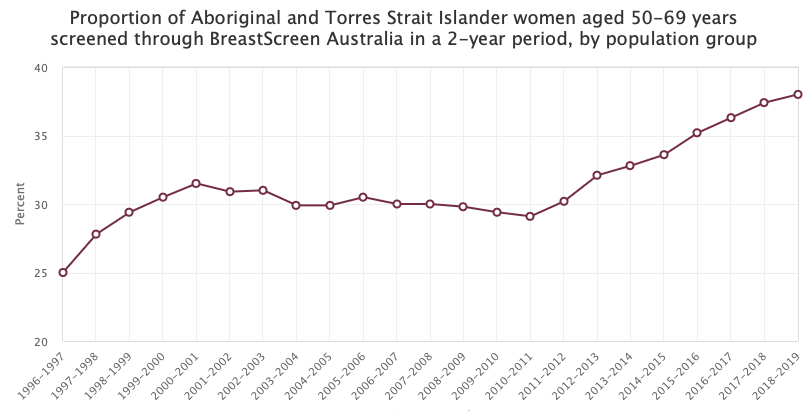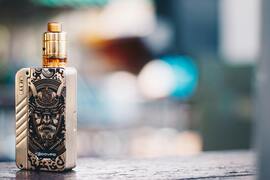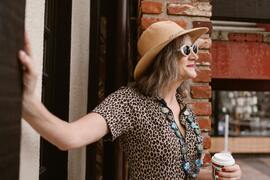Recommended breast screen age lowered for Aboriginal women
Lily Plass
30 October 2024, 1:40 AM
 The Breastscreen Van in Coonamble in June 2024.
The Breastscreen Van in Coonamble in June 2024. The NSW government has dropped the recommended breast screening age for Aboriginal and Torres Strait Islander women from 50 to 40.
The initiative is part of the Cancer Institute's Putuwa project which aims to increase Aboriginal women's participation in mammograms and thereby increase breast cancer survival rates.
“This reduction in the breast screening age will ensure Aboriginal women will be able to access essential healthcare services earlier to have a better chance of achieving optimal health outcomes," Minister for Aboriginal and Treaty David Harris said.
Breast cancer is the most common cancer in Aboriginal women and the second most common cause of death.
Aboriginal and Torres Strait Islander women are on average diagnosed four years younger and have more advanced cancer at diagnosis and poorer survival rates compared to the overall female population.
The breast screening van travels to over 200 locations in NSW.
One of these areas is Brewarrina where the bus turns up every two years.
The staff at the breast screen conduct mammograms to check for any signs of breast cancer.
"It's a great idea for any woman," Aboriginal Health Practitioner at Brewarrina Primary Health Helen Ferguson said.
Ms Ferguson said they also strive to increase participation by canvassing the community and going house to house to raise awareness about breast cancer.
In Coonamble, the last visit by the breast screen van was in June 2024.
"I think it's well received within the community. Most women, including our clients, take up the opportunity to be screened," Practice Manager at the Coonamble Aboriginal Medical Service (CAHS) Ruth Luppino said.
Getting a breast screen in time can increase cancer survival rates by 42 percent, according to the Australian Institute of Health and Welfare.
Breast screens are free for women aged 40 and above.
Generally, all women over 50 have also received individual notification when the mobile van is visiting their area.
Now, all Aboriginal and Torres Strait Island women aged over 40 will receive a letter in the mail inviting them to have a mammogram free of charge.

Breast screening participation rates among Indigenous women from 1996 to 2019. IMAGE: National Cancer Control Indicators
“Breast cancer is the most common cancer in Aboriginal women in NSW but the good news is that breast cancer screening can detect cancers before they can be seen or felt, and when found early, almost all breast cancers can be successfully treated," NSW Health Minister Ryan Park said.
In 1996/97 breast screen participation among Indigenous women aged 50 to 69 lay at 25 percent.
In 2021/22 Breastscreen Australia reported the participation rate for Aboriginal and Torres Strait Island women rose to 37 percent.
According to the National Cancer Control Indicator, Breastscreen Australia aims for a participation rate above 70 percent.
Appointments are also available in Dubbo at any time.
Mammograms are recommended biennially.



